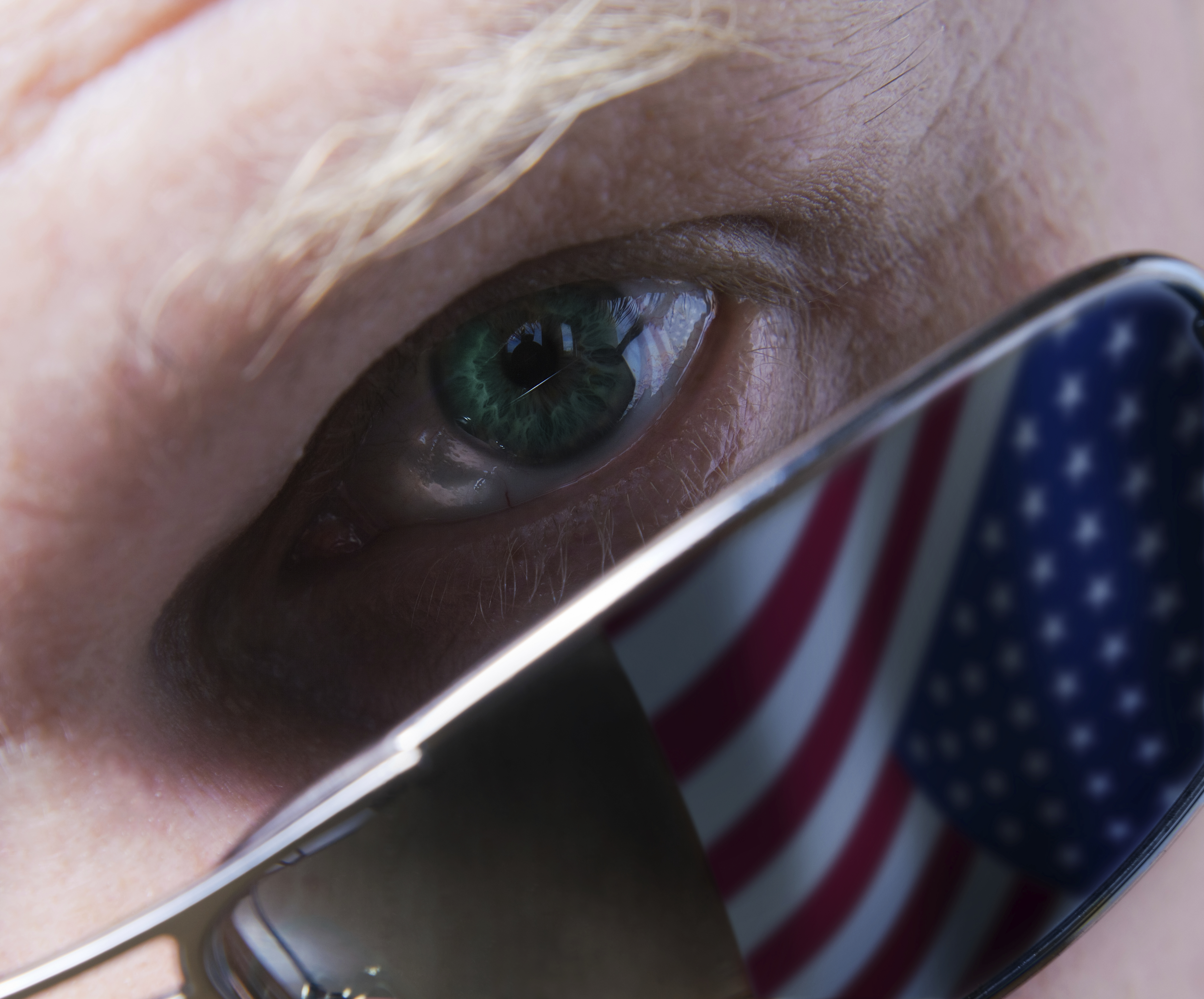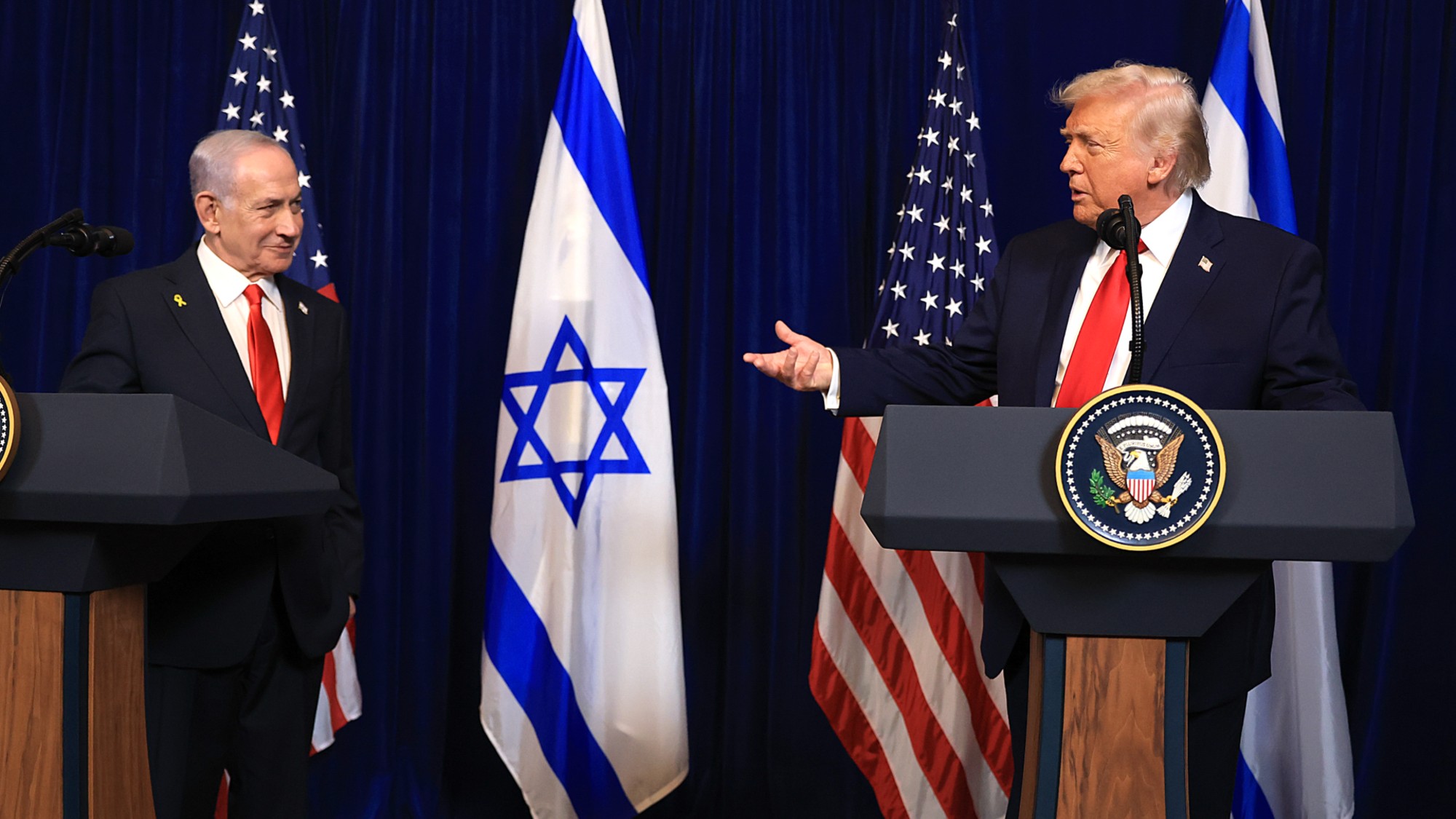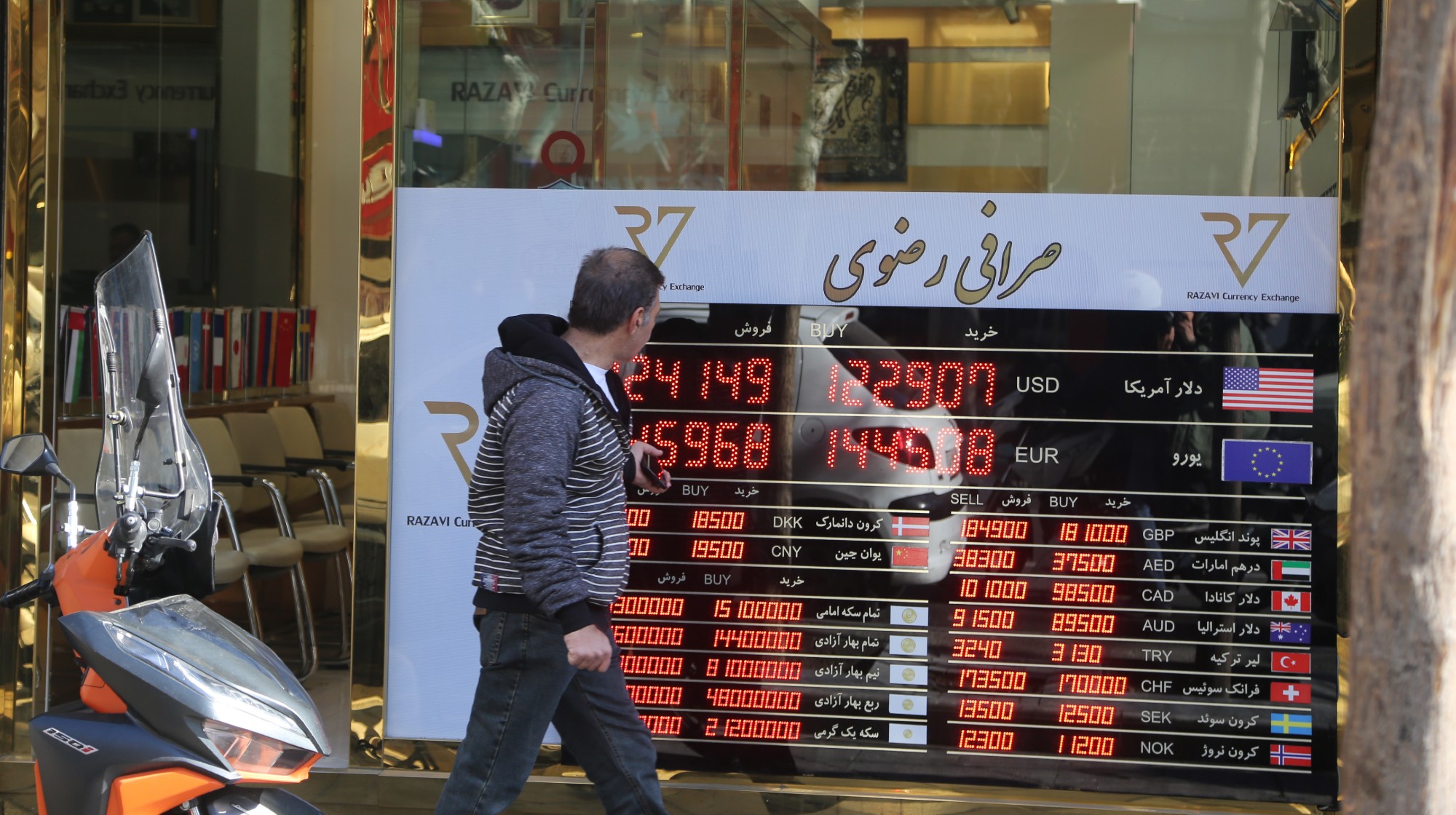How the FBI's Orwellian anti-terror programs are making you less safe
Squandering the goodwill of Muslim Americans won't make America more safe — just less free and fair


Protecting civil liberties has never been the FBI's strong suit. But its new Shared Responsibility Committees program, which it is quietly beta testing now, is downright Orwellian.
The FBI bills this program as a collaborative effort with Muslim communities to rescue individuals on the road to radicalization. In reality, it is just another questionable informant program that will further alienate Muslim communities and hurt counter-terrorism efforts.
America's Muslim communities are already under massive surveillance. There is, for example, the FBI's informant program, which has grown 10-fold, from 1,500 before the 9/11 attacks to 15,000 informants now. And that's only its official, listed informants. The feds also have a network of unofficial and largely unaccountable spies that is three times bigger.
The Week
Escape your echo chamber. Get the facts behind the news, plus analysis from multiple perspectives.

Sign up for The Week's Free Newsletters
From our morning news briefing to a weekly Good News Newsletter, get the best of The Week delivered directly to your inbox.
From our morning news briefing to a weekly Good News Newsletter, get the best of The Week delivered directly to your inbox.
Many of these informants are desperate people in legal or financial trouble whom the FBI has blackmailed or coerced into enlisting. They spy on mosques and identify vulnerable and often mentally disturbed individuals who might be enticed into committing acts of terrorism. Indeed, a 2014 Human Rights Watch report found that many of the sexy terrorist plots that the FBI claims to have uncovered since 9/11 would never have materialized without the active material support and inducement of the agency itself.
And then there's the program of "voluntary interviews" that CUNY School of Law's CLEAR project (Creating Law Enforcement Accountability & Responsibility) has been documenting. It works like this: FBI agents, without a warrant or court order, accost ordinary Muslims in their homes, colleges, neighborhoods or near their workplace — settings calculated to cause maximum embarrassment — and demand that these Muslims accompany the feds to headquarters for a "chat." Once at headquarters, agents pepper their frightened and confused subjects with questions such as "Do you hate Israel?" and "How often do you call your mother in Yemen?" Sometimes the FBI asks these Muslims to become informants. More often, agents are simply fishing for signs of radicalization.
Such traumatizing encounters, which CLEAR maintains are rampant, have a hugely chilling effect on Muslim-American communities, prompting Muslims who have endured them (and even those who haven't) to delete their social media accounts, withdraw from active participation in their mosques, and otherwise disengage to avoid raising any red flags. Indeed, the NYPD's discontinued Muslim surveillance program that generated outrage because of its aggressive tactics is nothing compared to what the FBI still does on a daily basis.
Given this backdrop, it's hard not to laugh at the FBI's claims that its new Shared Responsibility Committees program is just a friendly effort to "empower" Muslim communities.
A free daily email with the biggest news stories of the day – and the best features from TheWeek.com
The program, which the FBI claims to be piloting in unnamed communities, would sign up community leaders, imams, mental health professionals, and teachers into committees, notes Georgetown University Law School's Arjun Sethi, whom the FBI asked for input. It would refer individuals it has flagged by unspecified means as "at risk" of going jihadi to the relevant committee, who would contact them and conduct a series of meetings. The committee would offer the FBI its recommendations — whether to drop or continue the investigation or arrange therapy — which the FBI would be free to reject. The whole time that the committee is doing its work, the FBI could simultaneously be conducting its own criminal investigation. Worse, although the FBI doesn't have to disclose its findings to the committee, it would be free to seize the committee's notes and proceedings and also subpoena its members to testify against the suspect.
The FBI claims that this program will help channel social services early toward individuals showing signs of radicalization and keep them out of jail. That might be a more credible claim if the program was administered by health or other civilian agencies. Instead, given the FBI's involvement, it seems like a naked attempt to erode protections for privileged communication. It'll expand and entrench — even institutionalize — the FBI's network of confidential informants in the Muslim-American community, Sethi worries. Or, to put it more bluntly, it'll turn civilian professionals into Stasi-like snitches.
Indeed, the upshot of SRC won't be early help for "at risk" young Muslims at all. It'll be to inflame them against all authority figures, breeding suspicion and alienation in Muslim communities. This is exactly what is happening with a similar British program called Channel that actually inspired SRC, although Britain, chillingly, is going one step further and legally requiring all public sector workers, including preschool teachers, to report anyone showing signs of radicalization or even just alienation (which would pretty much cover all teenagers).
This isn't the FBI's first attempt to flag prospective "terrorists." Last year, it unveiled an even more ham-handed effort called "Don't be a Puppet" — kind of like a DARE (Drug Abuse Resistance Effort) for terrorism. The program's purpose was to help school kids resist terrorist inclinations and help identify peers showing signs of them. It consisted of an interactive video game meant to alert kids to the twisted logic of terrorists. Among the telltale signs of incipient jihadism, according to the game, are beliefs such as "an enemy is responsible for this injustice" and "we must defend our traditions" — never mind that both those statements describe the victims of terrorism just as well as the perpetrators. An outcry by Muslim civil rights groups forced the FBI to can its plans to introduce this game into public school classrooms, but the new SRC initiative shows that it clearly hasn't given up on preemption efforts based on some rather dubious notions about how early jihadis behave.
One reason why America has avoided the fate of Molenbeek, the lawless Brussels neighborhood that has become a hotbed of jihadist activity, is that far from being radicalized, American Muslims are actually very assimilated and remarkably cooperative with law enforcement. For example, in Muslim-dominated Dearborn, Michigan, near where I live, twice in the last few years fathers have turned in their own sons who seemed to be falling prey to radical propaganda.
Squandering the goodwill of Muslim Americans through ill-advised programs that make them feel even more targeted than they already are won't make America more safe — just less free and fair.
Shikha Dalmia is a visiting fellow at the Mercatus Center at George Mason University studying the rise of populist authoritarianism. She is a Bloomberg View contributor and a columnist at the Washington Examiner, and she also writes regularly for The New York Times, USA Today, The Wall Street Journal, and numerous other publications. She considers herself to be a progressive libertarian and an agnostic with Buddhist longings and a Sufi soul.
-
 ‘Let 2026 be a year of reckoning’
‘Let 2026 be a year of reckoning’Instant Opinion Opinion, comment and editorials of the day
-
 Why is Iran facing its biggest protests in years?
Why is Iran facing its biggest protests in years?TODAY’S BIG QUESTION Iranians are taking to the streets as a growing movement of civic unrest threatens a fragile stability
-
 How prediction markets have spread to politics
How prediction markets have spread to politicsThe explainer Everything’s a gamble
